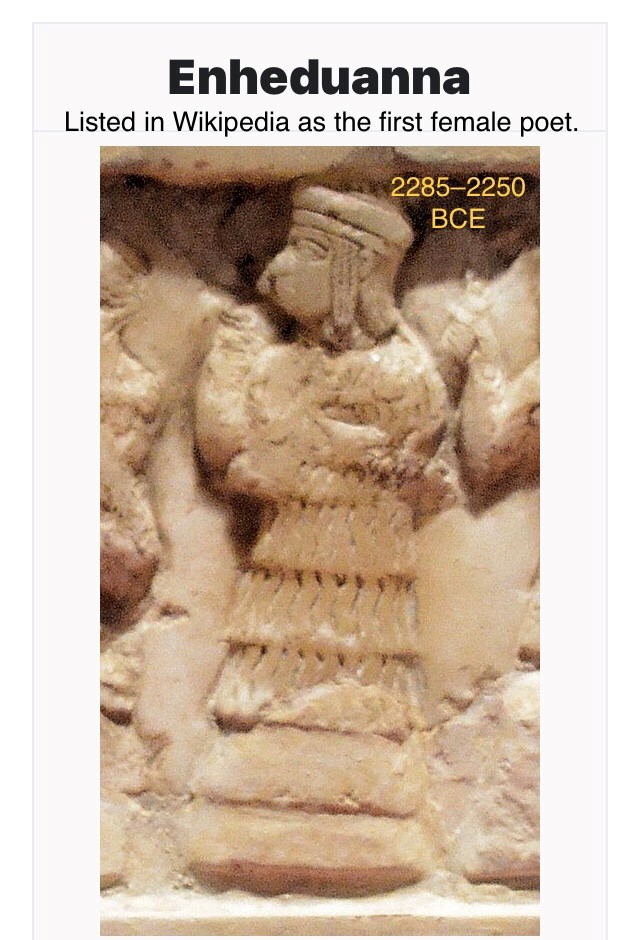Professional Reciter
Professional Reciter
Queen Victoria died in 1901, and the 63 years of her reign are known as the Victorian era. In 1937, Irene Mawer (then aged 44) described herself as having been ‘that Victorian phenomena – a professional reciter’.
Miss Mawer was born in 1893, thereby just sliding it at the end of the Victorian age and undoubtedly continuing to be influenced by Victorian mores for some considerable time after the Queen’s death.
I know that Irene left school aged 16 or 17 and then trained for two years under Madame Kate Flinn, after which she got a great deal of paid concert work (perhaps this included professional recitation?) Irene realised there was not much scope for future employment in paid concert work, and as a reciter she would have been competing against the new boom in record players (phonographs/gramophones), which became widely available in homes during the early 1900s. This realisation at the lack of earning potential led her to enroll at Elsie Fogerty’s Central School.
I didn’t know what a professional reciter was, so this blog post will explain that Victorian phenomenon.
During Victorian times, James Bernard (1874-1946) was a reciter, elocutionist and author who performed works by Shakespeare and Dickens and also excerpts from Hardy’s epic drama of the Napoleonic war ‘The Dynasts’. Wikipedia describes Bernard as being “a late example of a class of professional platform reciters and elecutionists who were in vogue throughout the English-speaking world during the early 19th and 20th centuries.”
Two other famous people to earn money from publicly reciting literary works were F. Matthias Alexander (originator of the Alexander Technique) and also Lionel Logue who was the voice coach to King George VI, made famous in the film ‘The King’s Speech’.
Miss Mawer’s reference to having been a professional reciter seems to be a bit sarcastic, as if it were something that she was not proud of. I would be very interested to know how other people interpret her comments.
Irene is telling the story of how she came to train under Miss Fogerty: ‘It happened this way. I went to Miss Fogerty for an audition after I had been for some years one of those Victorian phenomena, “a professional reciter.” Miss Fogerty heard me with patience…’. For that quotation I have kept the punctuation the same as shown in the magazine from 1937, and was presumably Miss Mawer’s text of the speech, rather than someone having written it down in shorthand as she spoke!
Why the inverted commas for “a professional reciter”, and is ‘Victorian phenomena’ tinged with overtones of something undignified? Is Miss Mawer being condescending, or am I reading too much into it?
Presumably a professional reciter was the original version of today’s performance poet! I checked Wikipedia for a list of modern performance poets, and for the UK, out of 17 poets, only two were women. Plus ca change….
Writer Michael Rosen was Children’s Laureate in 2007-09, and his blog has an interesting post called “ ‘Recitation or Performance Poetry?’ ” in which he says “Reciting poetry and doing recitations is a Victorian and Edwardian thing. Throughout that time you could buy what were known as ‘Reciters’ – anthologies of poetry, monologues and sketches which amateurs and professionals used to learn.” He then speaks of formal choral speaking at his school in England in the 1950s and the evolution of ‘performance poetry’ and poetry ‘slams’ incorporating methods of presentation from different cultures, “song, preaching, story-telling, rapping, stand-up routines and the like…poets can move about, talk to the audience…the word ‘recitation’ implies something much more fixed, staid and controlled…”(Michael Rosen blog http://michaelrosenblog.blogspot.com/2012/07/recitation-or-performance-poetry.html?m=1)
How would have Irene performed in the role of a professional reciter? On the whole, I would expect that she would have spoken from memory, not from reading the piece. Speaking from memory allows for a much freer performance, focussing on the cadence, and tone of the poem, using inflection and meter to establish meaning.
The University of San Jose in California requires students of recitation to memorise and rehearse their chosen piece which “allows each person a chance to engage very closely with a poem and so classmates may hear how a poem sounds. Rehearsing a poem will allow you to discover the intertwining relationship between poetic structure and poetic meaning…by emphasizing different words you may vary the meaning of the poem; but this meaning is up to you and your interpretative reading of the poem…Remember, this is a performance, not just a moment to blurt out the words. Demonstrate your understanding of the poem using your voice. Don’t attempt to physically interpret the poem, no dancing or distracting body movements. This is about (the) poem.” (St Jose University, Dept of English https://britlitsurveysjsu.wordpress.com/assignments/recording-a-recitation/)
I would have thought that being a professional reciter would have suited Irene Mawer, but apparently not – or perhaps it was just simply that she realised there was no future career in it.
As a final note, here is another of those interesting co-incidences: Betty Mulcahy (c.1920-2012), was at one point in her life the only professional verse speaker in the UK. She made her living from it. And who was one of Betty’s teachers? Only one Miss Irene Mawer!

